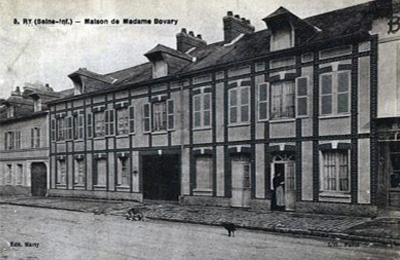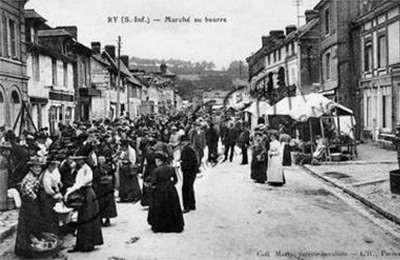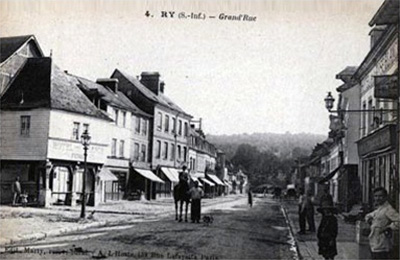The New Jim Crow by Michelle Alexander (2012) is a devastating and important book. Alexander’s thesis will be difficult for well-intentioned people to accept: our 30-year “War on Drugs” and the resulting mass incarceration of African-American men is “a stunningly comprehensive and well-disguised system of racialized social control that functions in a manner strikingly similar to Jim Crow.”
Whether the drug war was purposely designed to immiserate African-Americans is not clear. Racist intent would be almost impossible to prove today; in our “color-blind” society, racists do not explicitly announce their motivations as they once did. I tend to be cynical about such things, but at this point the legislators’ intent hardly matters. Even if the mass incarceration of black men is an innocent, unintended consequence of the anti-drug crackdown, it is now an accomplished fact. It doesn’t matter how we got here; we are here now. The question is what to do about the problem. Acknowledging that the problem exists is a necessary first step.
I admit I was skeptical about Alexander’s conclusion. I still don’t buy all of it. But the statistics are overwhelming. I am a former prosecutor, I am not naive about the court system, but I was shocked by the numbers.
- Since the War on Drugs was declared in the 1980’s, “the U.S. penal population exploded from around 300,000 to more than 2 million.”
- “There are more people in prisons and jails today just for drug offenses than were incarcerated for all reasons in 1980.”
- “The United States imprisons a larger percentage of its black population than South Africa did at the height of apartheid.”
- “In seven states, African Americans constitute 80 to 90 percent of all drug offenders sent to prison,” according to one study from 2000.
- “In Washington, D.C., … three out of four young black men (and nearly all those in the poorest neighborhoods) can expect to serve time in prison.”
- “African American youth account for 16 percent of all youth, 28 percent of all juvenile arrests, 35 percent of the youth waived to adult criminal court, and 58 percent of youth admitted to state adult prison.”
- Actual drug crime does not explain the racial disparities in our criminal justice system: “People of all races use and sell illegal drugs at remarkably similar rates.”
- There is no evidence that locking up non-violent drug offenders has made us any safer: “violent crime rates have fluctuated over the years and bear little relationship to incarceration rates — which have soared over the past three decades regardless of whether violent crime was going up or down.”
That the criminal justice system does not treat African-Americans equally is not news. It is the scale of the injustice that is so shocking, and the fact that the problem has gotten so much worse so recently. Go back, read those numbers again.
We like to think that history equals progress — that over time, things get better. In many ways, of course, they do. But progress is never guaranteed and never uniform. The New Jim Crow is a sobering reminder of that, particularly at a moment in our politics when wisdom and compassion seem to be in short supply.






